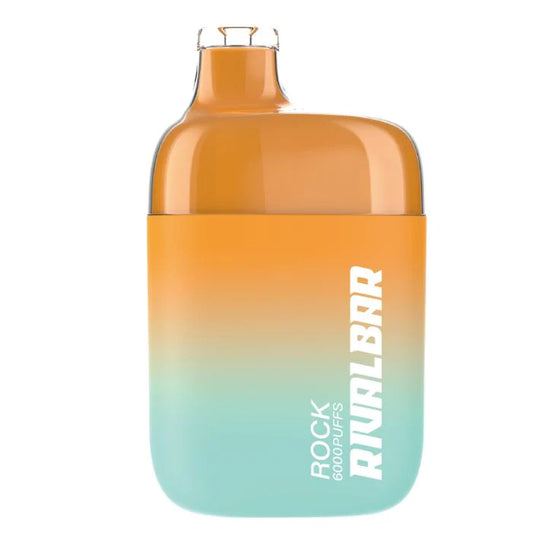
In today's world, where financial decisions play a significant role in our daily lives, it's crucial to consider the cost implications of our habits. Two prevalent habits that often come under scrutiny for their financial impact are vaping and smoking. In this blog post, we will delve into the cost comparison between vaping and smoking to help you make an informed decision about which habit is more budget-friendly in the long run.
The Cost of Smoking:
Let's start by examining the cost of smoking. Traditional cigarettes have been a popular choice for many years, but their expense can quickly add up. Here's a breakdown of the costs associated with smoking:
-
Pack Price: A pack of cigarettes varies in price depending on your location, but on average, it can cost around $7 to $12.
-
Daily Consumption: Smokers often consume a pack a day, which can add up to $210 to $360 per month.
-
Healthcare Costs: Smoking can lead to various health issues, resulting in increased medical expenses.
-
Taxes: Many governments impose high taxes on tobacco products, further increasing the cost of smoking.
The Cost of Vaping:
Vaping, on the other hand, offers a different financial landscape. Let's take a closer look at the cost elements of vaping:
-
Initial Investment: You'll need to purchase a vaping device, which can range from $20 to $100 or more. However, this is a one-time expense.
-
E-Liquids or Pods: E-liquids or pods are necessary for vaping, and their cost can vary. A month's supply might cost between $20 and $50.
-
Maintenance: Vape devices require occasional maintenance, such as replacing coils or cleaning. This cost is relatively low compared to smoking.
-
Healthcare Costs: While vaping is not entirely risk-free, it is generally considered less harmful than smoking, potentially reducing long-term healthcare costs.
Cost Comparison:
Now, let's compare the two over time:
-
Short Term: Smoking can be more expensive in the short term due to the high cost of cigarettes and immediate daily expenses.
-
Long Term: Vaping tends to be more cost-effective in the long run. Once you've made the initial investment in a vaping device, your ongoing expenses are typically lower than smoking.
Conclusion:
In the battle of vaping vs. smoking, vaping emerges as the more cost-effective choice over the long term. While there is an initial investment, ongoing expenses are generally lower, and the potential for reduced healthcare costs makes it a financially smarter choice.
Make the switch to vaping not only for its potential health benefits but also for the positive impact it can have on your wallet. Remember, this blog post provides information for financial consideration, and your health should always be a top priority.
If you're looking for quality vaping products at affordable prices, visit VapeZip.com, your one-stop destination for all your vaping needs.







